A recent paper published in a leading behavioral sciences journal has brought rare attention to a high school student with hyperthymesia—a condition characterized by an extraordinary ability to recall nearly every detail of one’s life. This case study offers fresh insights into the nature of autobiographical memory, the brain’s capacity for retention, and the emotional and cognitive implications of such a rare gift.
Hyperthymesia, formally known as Highly Superior Autobiographical Memory (HSAM), is an exceptionally rare neurological condition. Individuals with HSAM can remember, with astonishing accuracy, the details of their daily lives—what they wore, what they ate, what they did, and even the weather—on virtually any given date from their past.
Unlike individuals with savant syndrome or those who use memory-enhancing techniques, people with hyperthymesia do not rely on mnemonic strategies. Their recall is automatic and involuntary, often described as reliving the past rather than simply remembering it.

The newly published study focuses on a teenage participant whose memory capabilities were first noticed by teachers and later confirmed through rigorous testing. Over several months, researchers administered memory assessments, including asking the student to recall specific events from years prior, cross-referencing their responses with personal journals, school records, and family accounts.
The results were extraordinary. The student demonstrated near-perfect recall of personal experiences dating back to early childhood, including the day of the week for random dates, names of people encountered briefly, and even nuanced emotional states associated with specific events.
Diagnosing hyperthymesia involves a multi-step process. First, individuals undergo screening questionnaires to assess the scope and consistency of their memory. Those who score exceptionally high are then subjected to verification tests.
In this case, brain imaging revealed increased activity and structural differences in regions associated with autobiographical memory, such as the prefrontal cortex and the hippocampus—findings consistent with prior HSAM research.
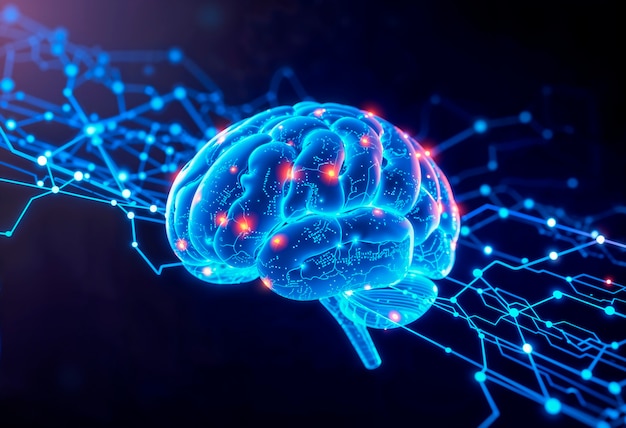
While an infallible memory may sound like a superpower, it comes with psychological complexities. The student in the study reported both advantages and challenges.
On the positive side, academic performance was strong, particularly in subjects requiring factual recall. However, the inability to forget painful or embarrassing moments led to increased emotional sensitivity. Traumatic events were not dulled by time, as they typically are for most people.
Researchers noted that the student sometimes struggled with rumination, a tendency to dwell on past experiences—both positive and negative. This highlights a crucial insight: forgetting is not a flaw in human memory, but a necessary function for emotional resilience.
This case adds to a growing body of research on HSAM, which remains poorly understood due to its rarity—fewer than 100 confirmed cases exist worldwide. By studying individuals like this high school student, scientists hope to uncover how memory consolidation works and how emotional regulation interacts with recall.
Moreover, understanding hyperthymesia could have implications for treating memory-related disorders such as Alzheimer’s disease, PTSD, and depression. If researchers can identify the neural mechanisms that allow for such precise recall, they may develop targeted therapies to enhance or modulate memory function.
The discovery also raises questions about how schools and mental health professionals support students with atypical cognitive abilities. While the student did not require special accommodations, educators emphasized the importance of emotional support and privacy.
There is a fine line between recognizing a unique ability and placing undue pressure on a young person. Researchers stress the need for ethical guidelines when studying minors with rare neurological traits, ensuring that participation is voluntary and that findings are shared responsibly.
The study underscores the incredible diversity of human cognition. As neuroscience advances, cases like this remind us that the brain still holds many mysteries. Future research may explore genetic factors, early developmental influences, and potential interventions that could help both those with hyperthymesia and those struggling with memory loss.
For now, this high school student’s story offers a compelling glimpse into the power—and complexity—of human memory.

Health

Health

Health

Health

Health

Health
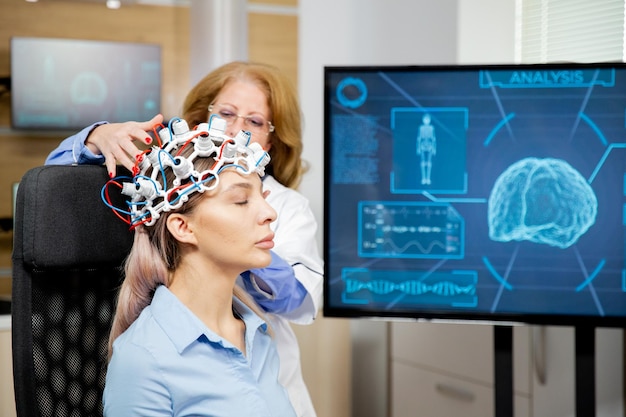
Health
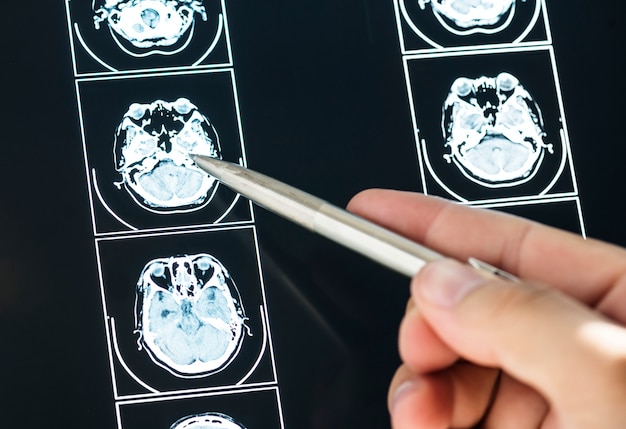
Health
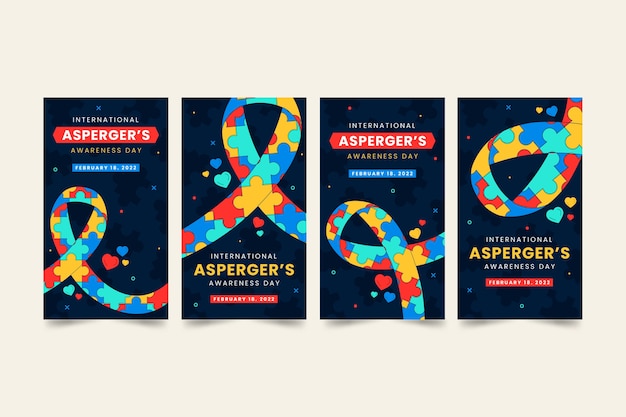
Health
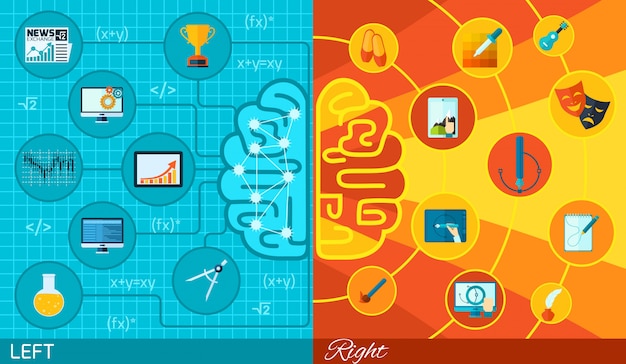
Health

Health

Fitness

Health

Health